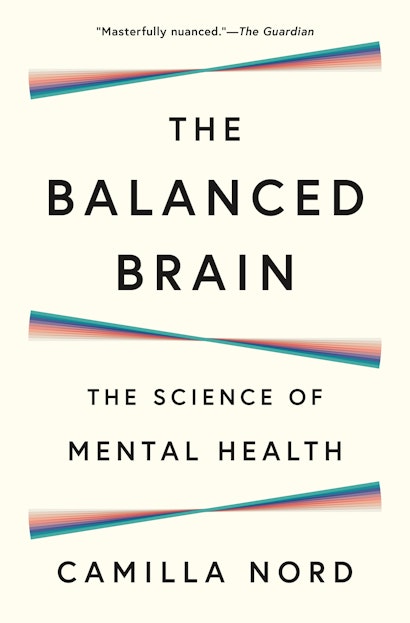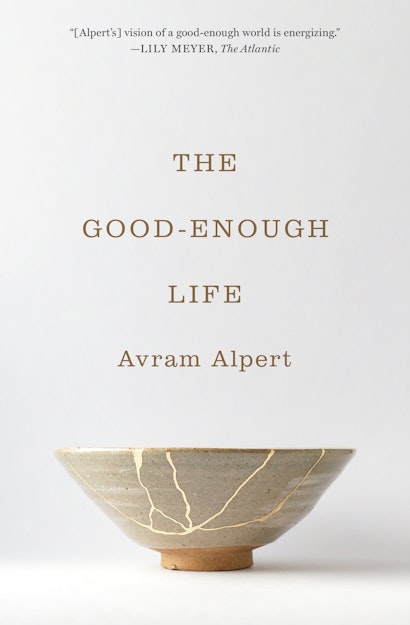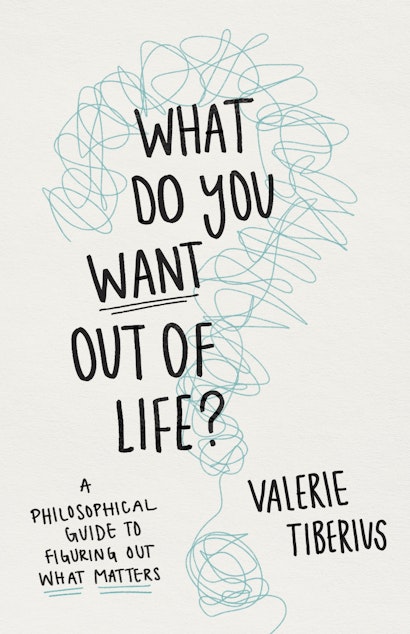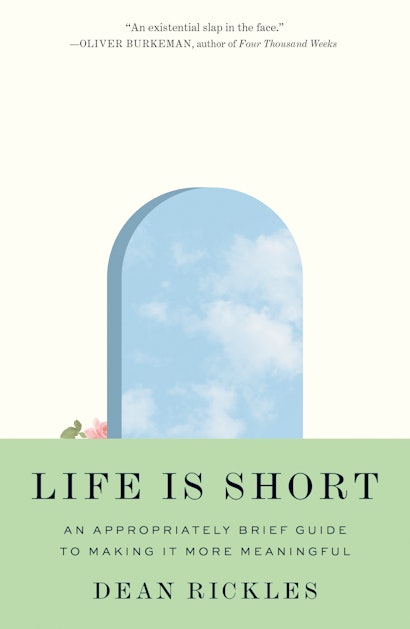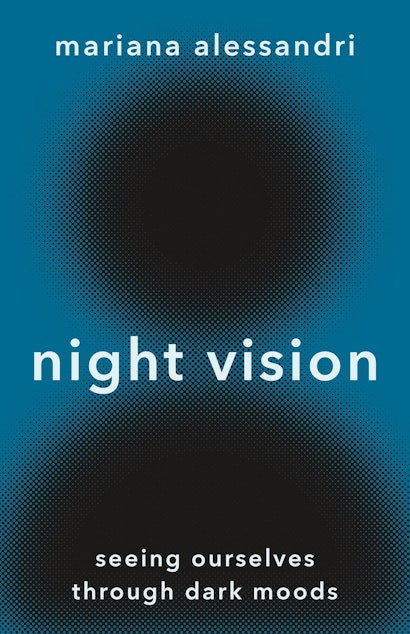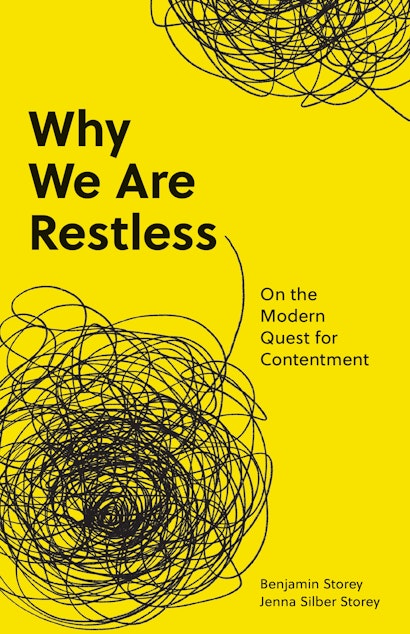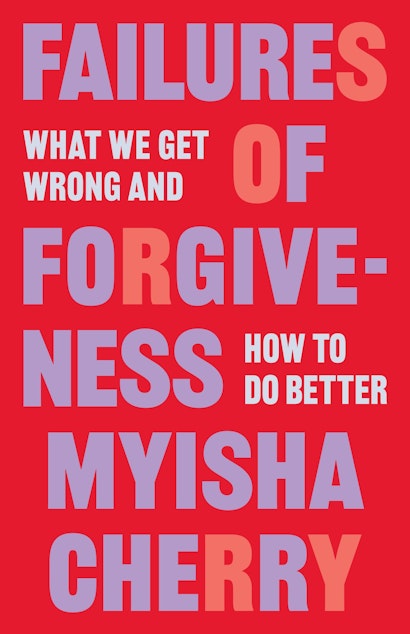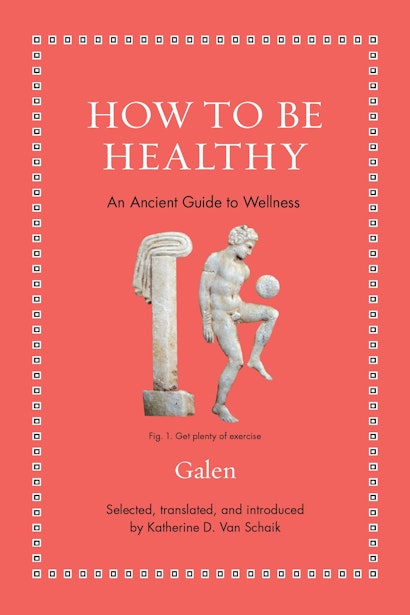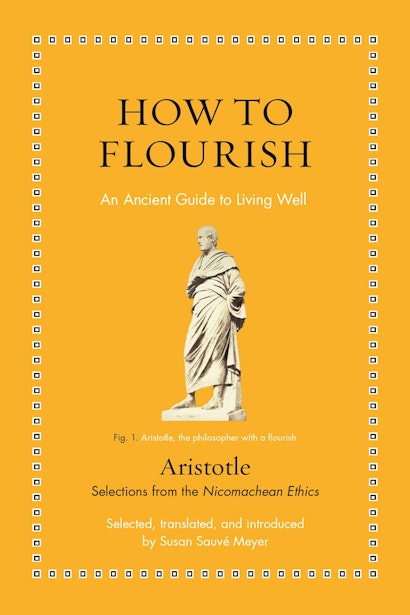Research shows conclusively that overwork can be harmful to employees and humans at large, and yet it can be hard to find public examples of choices that support true balance, or guidance that puts health ahead of hustle. Relationships, too, are key to our wellbeing, but the nuances of how we negotiate interpersonal wrongdoing, dark moods, and other shadowy areas can set the stage for how clearly—and honestly—we view ourselves and our closest human connections. Counterintuitively, an over-emphasis of optimism and self-help while we lay plans for our new and improved new year’s selves can leave us feeling ashamed, over-diagnosed and confused about how to traverse life’s complexities authentically. As we head into 2024 asking ourselves what supports our own individual goals, needs, and desires, here are some books with much to say about how we can care for our bodies and minds in everything from the media we consume, to the schedules we keep, and the relationships that sustain us.
There are many routes to mental well-being. In this groundbreaking book, neuroscientist Camilla Nord offers a fascinating tour of the scientific developments that are revolutionising the way we think about mental health, showing why and how events—and treatments—can affect people in such different ways.
We live in a world oriented toward greatness, one in which we feel compelled to be among the wealthiest, most powerful, and most famous. This book explains why no one truly benefits from this competitive social order, and reveals how another way of life is possible—a good-enough life for all.
David Hume (1711–1776) is perhaps best known for his ideas about cause and effect and his criticisms of religion, but he is rarely thought of as a philosopher with practical wisdom to offer. Yet Hume’s philosophy is grounded in an honest assessment of nature—human nature in particular. The Great Guide is an engaging and eye-opening account of how Hume’s thought should serve as the basis for a complete approach to life.
What do you want out of life? To make a lot of money—or work for justice? To run marathons—or sing in a choir? To have children—or travel the world? The things we care about in life—family, friendship, leisure activities, work, our moral ideals—often conflict, preventing us from doing what matters most to us. Even worse, we don’t always know what we really want, or how to define success. Blending personal stories, philosophy, and psychology, this insightful and entertaining book offers invaluable advice about living well by understanding your values and resolving the conflicts that frustrate their fulfillment.
Death might seem to render pointless all our attempts to create a meaningful life. Doesn’t meaning require transcending death through an afterlife or in some other way? On the contrary, Dean Rickles argues, life without death would be like playing tennis without a net. Only constraints—and death is the ultimate constraint—make our actions meaningful. In Life Is Short, Rickles explains why the finiteness and shortness of life is the essence of its meaning—and how this insight is the key to making the most of the time we do have.
Under the light of ancient Western philosophies, our darker moods like grief, anguish, and depression can seem irrational. When viewed through the lens of modern psychology, they can even look like mental disorders. The self-help industry, determined to sell us the promise of a brighter future, can sometimes leave us feeling ashamed that we are not more grateful, happy, or optimistic. Night Vision invites us to consider a different approach to life, one in which we stop feeling bad about feeling bad.
We live in an age of unprecedented prosperity, yet everywhere we see signs that our pursuit of happiness has proven fruitless. Dissatisfied, we seek change for the sake of change—even if it means undermining the foundations of our common life. In Why We Are Restless, Benjamin and Jenna Storey offer a profound and beautiful reflection on the roots of this malaise and examine how we might begin to cure ourselves.
Sages from Cicero to Oprah have told us that forgiveness requires us to let go of negative emotions and that it has a unique power to heal our wounds. In Failures of Forgiveness, Myisha Cherry argues that these beliefs couldn’t be more wrong—and that the ways we think about and use forgiveness, personally and as a society, can often do more harm than good. She presents a new and healthier understanding of forgiveness—one that will give us a better chance to recover from wrongdoing and move toward “radical repair.”
In 1895, William James, the father of American philosophy, delivered a lecture entitled “Is Life Worth Living?” It was no theoretical question for James, who had contemplated suicide during an existential crisis as a young man a quarter century earlier. Indeed, as John Kaag writes, “James’s entire philosophy, from beginning to end, was geared to save a life, his life”—and that’s why it just might be able to save yours, too. Sick Souls, Healthy Minds is an absorbing introduction to James’s life and thought that shows why the founder of pragmatism and empirical psychology can still speak so directly and profoundly to anyone struggling to make a life worth living.
The second-century Greek physician Galen—the most famous doctor in antiquity after Hippocrates—is a central figure in Western medicine. A talented doctor, surgeon, writer, philosopher, teacher, pharmacologist, and inventor, Galen attended the court of Marcus Aurelius, living through outbreaks of plague (likely smallpox) that devastated the Roman Empire. He also served as physician for professional gladiators, boasting that only two fighters died during his first year (his predecessor had lost sixteen). In writings that provided the foundation of Western medicine up to the nineteenth century, Galen created a unified account of health and disease. In How to Be Healthy, practicing physician and classical historian Katherine Van Schaik presents a collection of Galen’s enduring insights about how we can take care of our bodies and minds, prevent disease, and reach a healthy old age.
Aristotle’s Nicomachean Ethics is one of the greatest guides to human flourishing ever written, but its length and style have left many readers languishing. How to Flourish is a carefully abridged version of the entire work in a highly readable and colloquial new translation by Susan Sauvé Meyer that makes Aristotle’s timeless insights about how to lead a good life more engaging and accessible than ever before.

